Breaking Boundaries: Johns Hopkins University Unveils Revolutionary AI-Powered Pitch Correction Tool
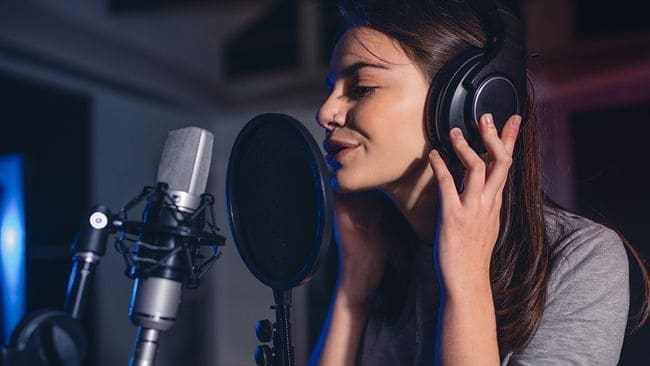

Researchers at Johns Hopkins University have introduced a groundbreaking pitch correction method, known as Diff-Pitcher, that goes beyond traditional tools like Auto-Tune. According to the engineers behind it, this AI-driven innovation not only surpasses previous pitch correction tools but also enhances naturalness and quality, making it a potential game-changer.
Jiarui Hai, a PhD student in the Whiting School of Engineering’s electrical and computer engineering department and part of the Diff-Pitcher development team, describes it as a “generative deep neural network” that takes pitch correction to a new level. The precision and control it offers extend beyond the realm of music, potentially aiding voice rehabilitation and assistive technologies.
What sets Diff-Pitcher apart is its unique approach. While traditional pitch correction software is typically trained on pairs of corrected and original vocals, Diff-Pitcher takes a different route. It analyzes the spectrogram of the original vocals in need of correction, identifies target notes, predicts necessary adjustments, and transforms the corrected spectrogram into audio.
Hai emphasizes the natural sound produced by Diff-Pitcher, stating, “[The results sound] really natural,” and highlights a key advantage: the ability to regulate the pitch without compromising the naturalness of the voice.
The researchers, including lead researcher Mounya Elhilali, a professor in electrical and computer engineering, presented this technology at the 2023 IEEE Workshop on Applications of Signal Processing to Audio and Acoustics. They believe that the applications of Diff-Pitcher extend beyond the music industry. Hai notes, “The technology could revolutionize treatment for a spectrum of speech-related disorders, offering valuable support for post-laryngectomy patients and contributing to the voice rehabilitation of stroke victims.”
In essence, Diff-Pitcher not only promises to redefine pitch correction in music but also holds the potential to make significant contributions to various areas, from assisting artists and producers to offering innovative solutions in the fields of voice rehabilitation and speech-related disorders. The researchers are optimistic that their creation will pave the way for a new era in pitch correction technology.
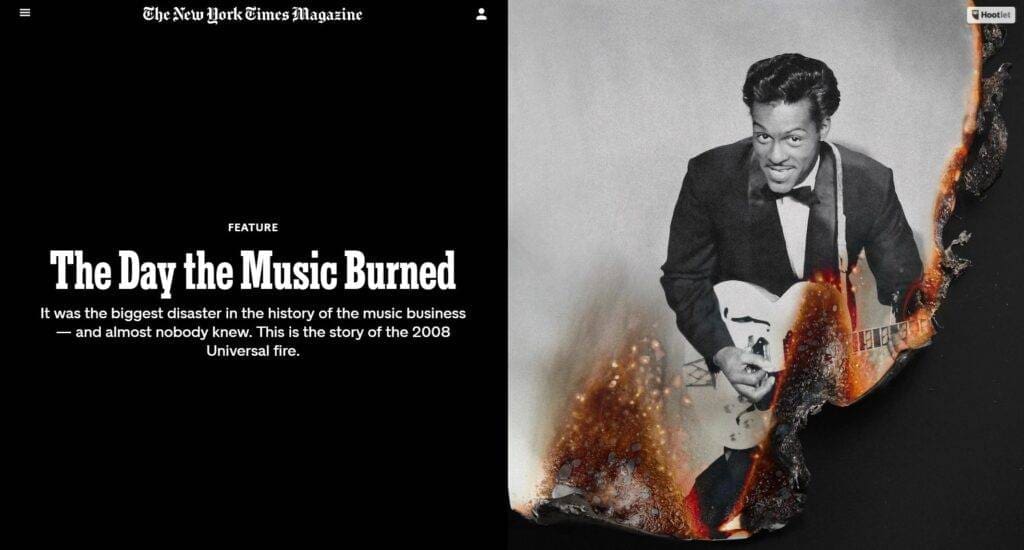
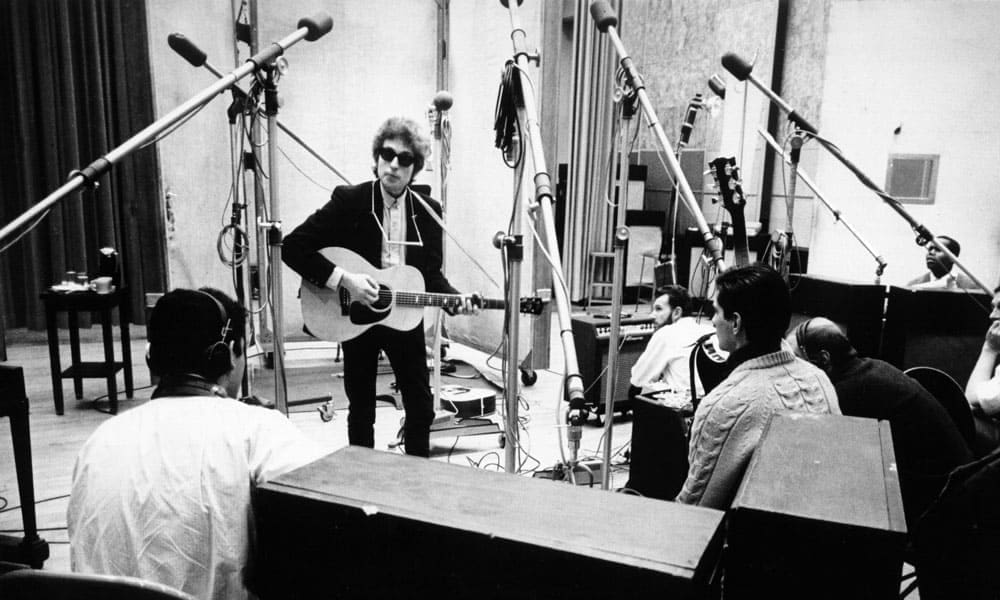
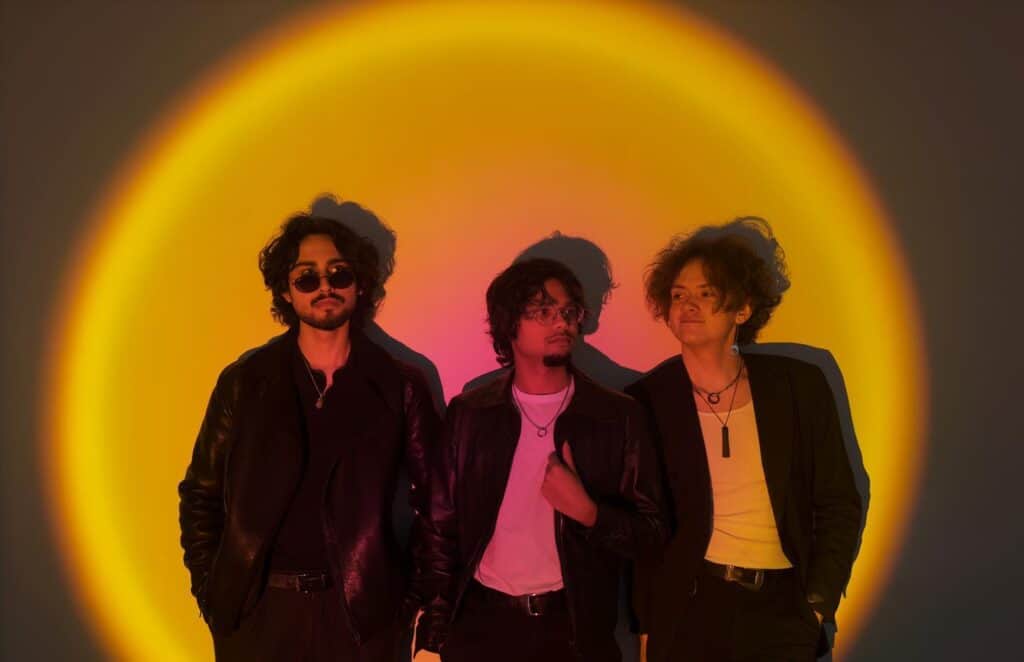
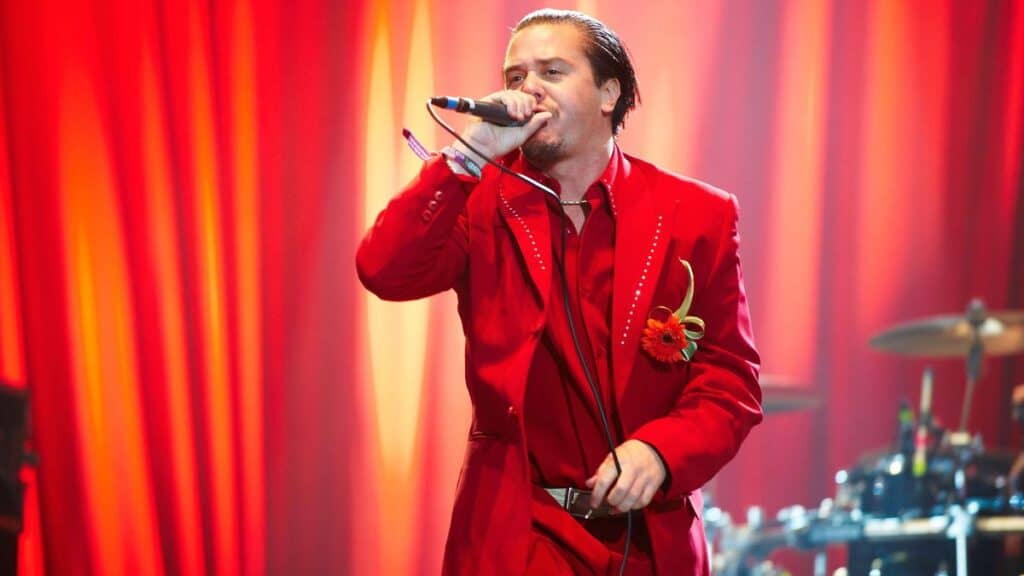
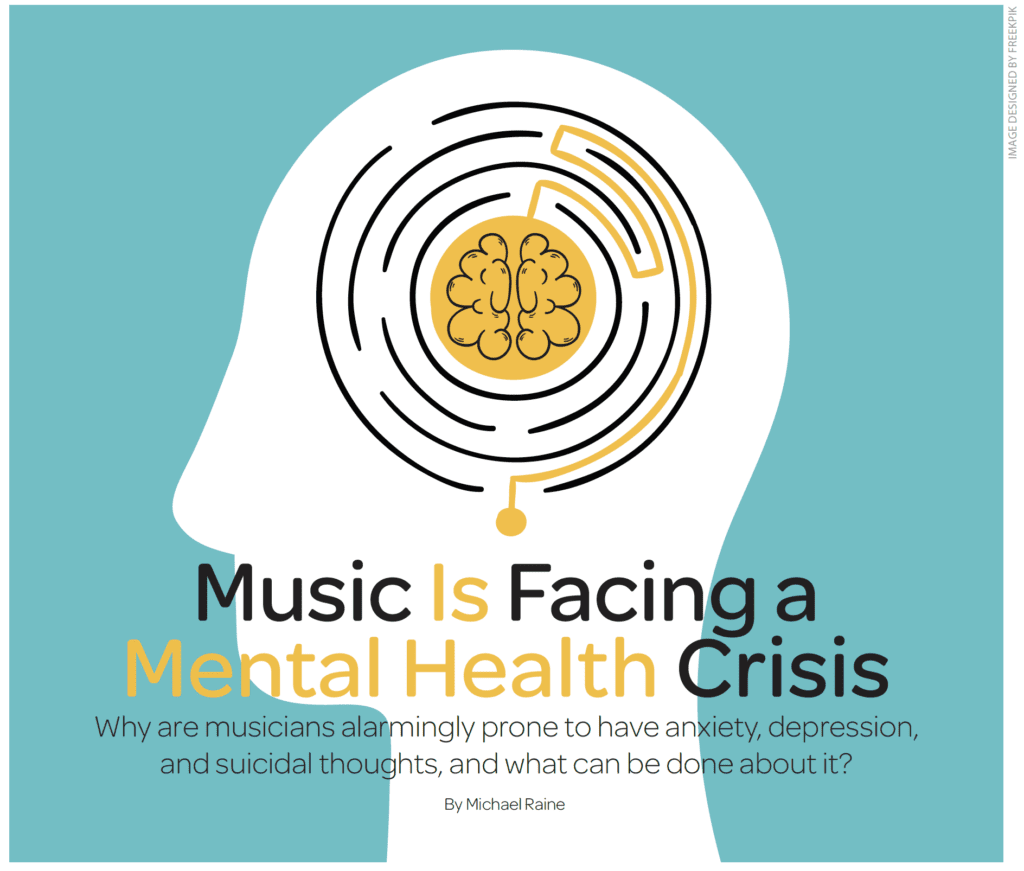
Responses